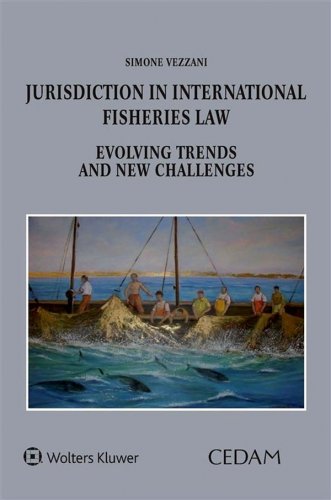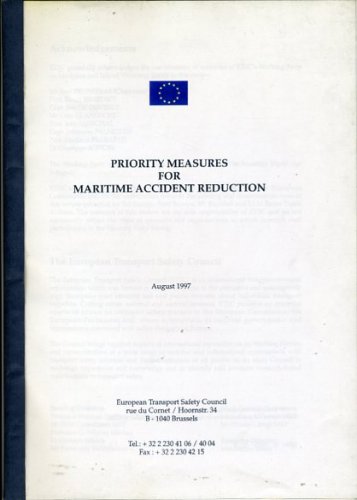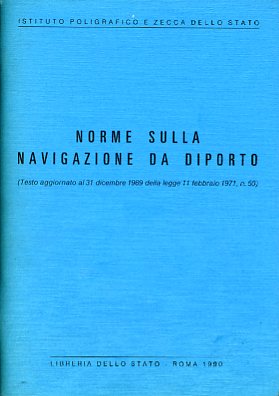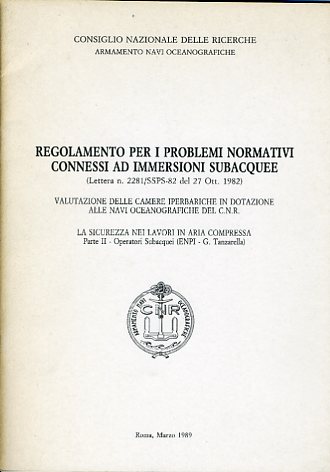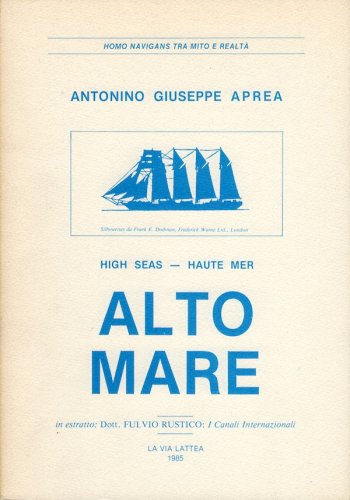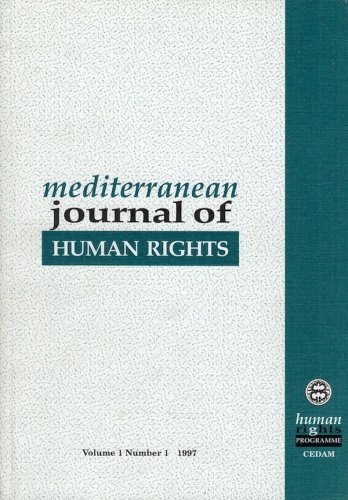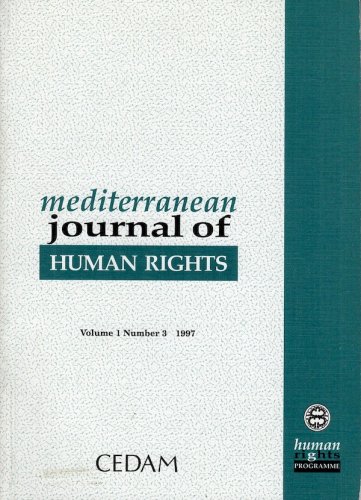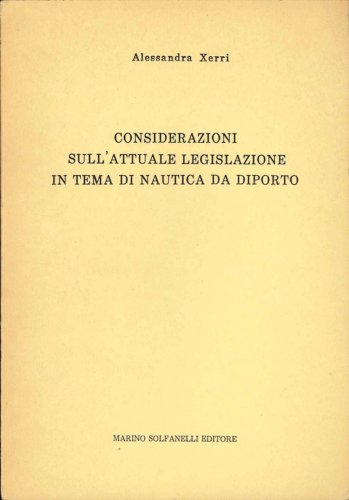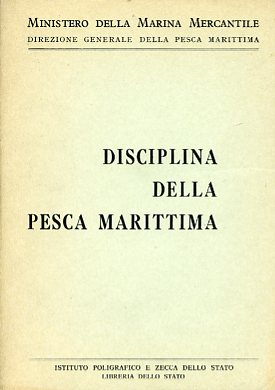Jurisdiction in international fisheries law
evolving trends and new challenges
Jurisdiction in international fisheries law
evolving trends and new challenges
- Disponibile in 7 giorni
- Possibilità di reso entro 10 giorni lavorativi
- Transazione sicura con carta di credito, Paypal o bonifico bancario
- Spedizione tracciata con SDA
Through the ages, international fisheries law has been characterized by a dialectic between flag States and coastal States. The institution of the Exclusive Economic Zone marked a milestone in the seaward extension of coastal States’ powers. However, it has not brought the expected results, and coastal States have to a great extent failed to act as “trustees” of global fisheries. An emerging role in the fight against Illegal, Unreported and Unregulated fishing has been played by States in their quality as States of active nationality, port States, and market States. Multiple jurisdictional claims raise a number of complexities relating, inter alia, to double criminality, or respect for legality and ne bis in idem principles in the case of prosecution of fisheries crimes. This book investigates the extent and nature of State jurisdiction (prescriptive, adjudicative and enforcement) in fisheries matters, and related problems of coordination. It also discusses the role of Regional Fisheries Management Organizations in regulating fishing activities in different marine areas and in delimiting the States’ respective spheres of power. The entire investigation is functional to critically assessing to what extent the emergence of a new jurisdictional balance pursues the interests of States acting uti singuli, or the general interests of the international community as a whole.

